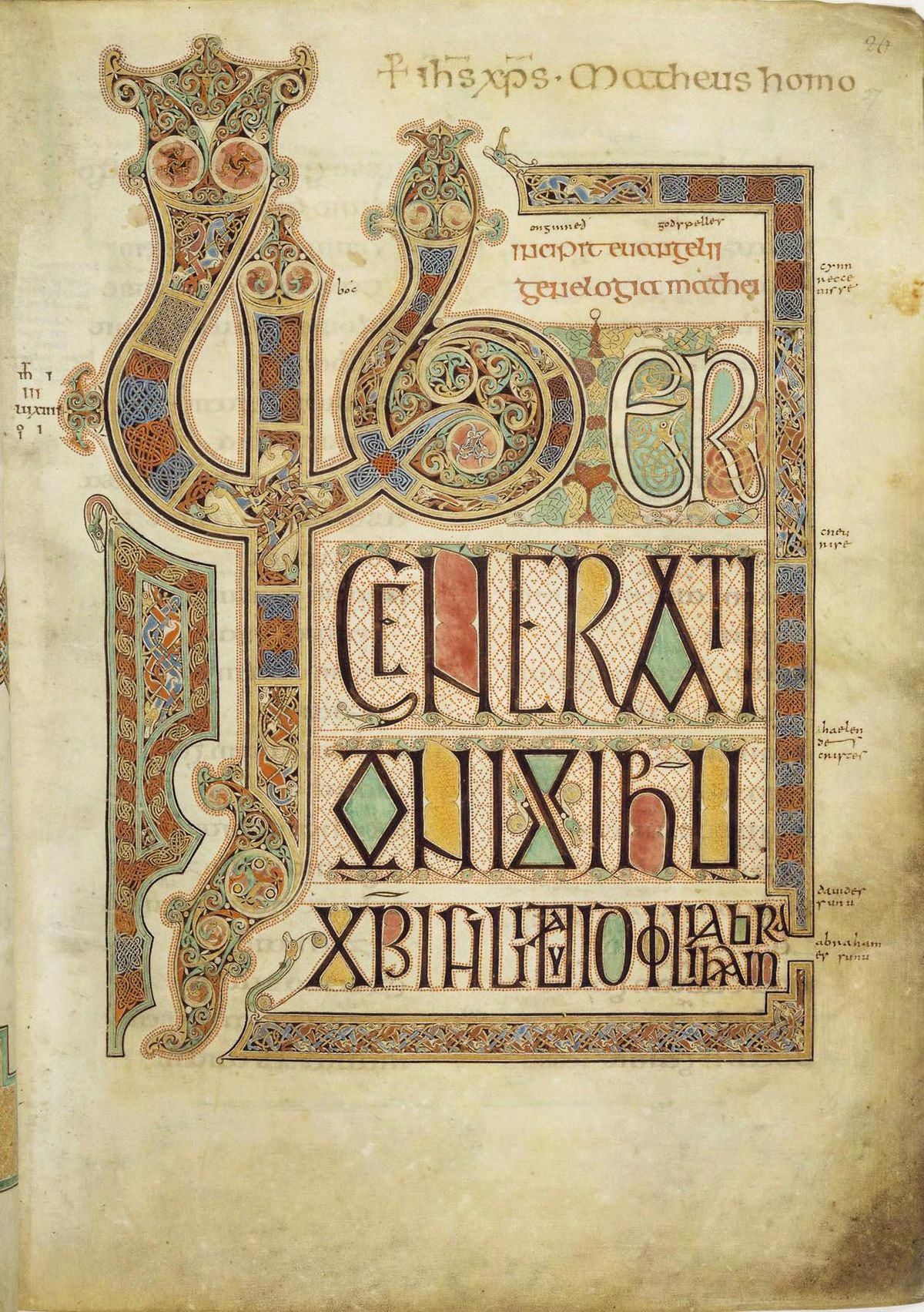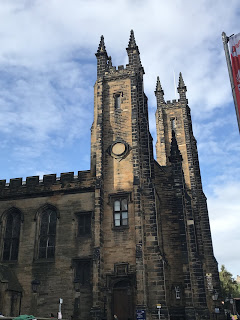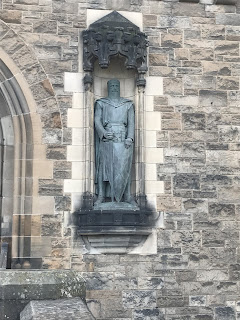There's one way on and off the island via a causeway and its only accessible by car during low tide. Otherwise it's surrounded by water.
The island has a recorded history since the 6th century. It became the center of Celtic Christianity under Saint Aidan, Cuthbert and others. It was a hub for Monks and Priests to be trained and then travel south throughout England bringing the gospel to the villages.
It's known as the birthplace of Christianity for England. From 715-720 monks and artists worked on what is now known as the Lindisfarne gospels. They are known for the beauty of the artwork in its pages.
We had a few hours (before the tide came back in) to explore the island and have some intentional time of quiet spiritual retreat. I found a gate with a quote on it that I sat by a few minutes to pray and meditate. I walked around the island, toured the castle and just had time to pray and enjoy God's creation.
I sat by the gate and confessed that for most of my ministry I've wanted to see the harvest. It's easy to judge myself as a pastor when there isn't much of a harvest and often failed in my work. The quote reminded me to be obedient to God and leave the results up to him. If I am faithful to Him, the desired results aren't the win, and the undesired results aren't necessarily a failure, obedience to Him is the win and that should be all that matters.
As James writes: "Whoever looks intently into the perfect law that gives freedom and continues in it - not forgetting what they have heard, but doing it - they will be blessed in what they do." We aren't promised success and God doesn't expect success from us 100% of the time. When we obey the Lord we are blessed in what we do, not necessarily the results of what we do. The blessing is in the obedience.
It was a powerful moment for me to be reminded that God is in charge.
We left the island at like 1pm and a few of us toured Bamburgh castle.

Oh and by the way, the walls of the cafeteria and several other areas of St. John's college are lined with original Salvador Dali paintings:
I went out that night walking around Durham with a few other guys and had a great time of fellowship. What a phenomenal day!






























